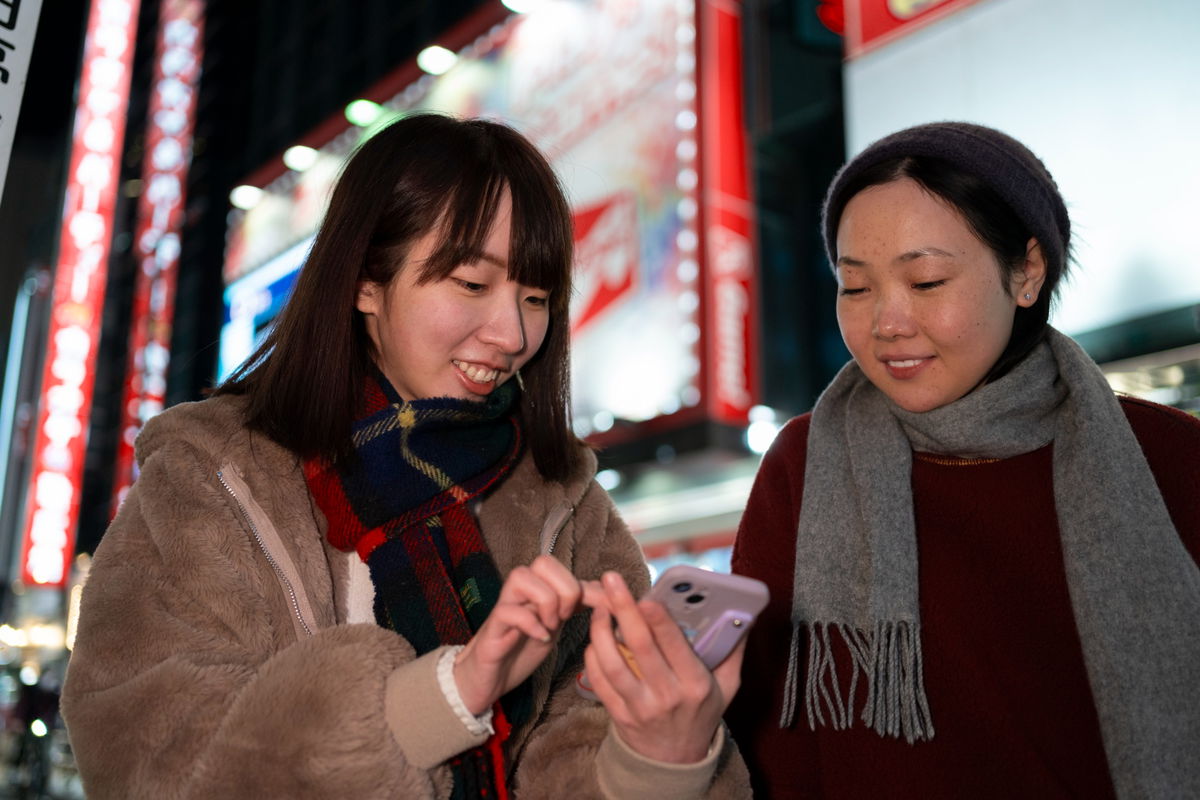Officials argue that these measures can improve sleep patterns. Photo credit: Freepik
Central Japan towns are preparing to introduce unique regulations aimed at curbing excessive use of mobile phones among residents. Toyoake, located in Rira Prefecture, has drafted a non-binding ordinance that encourages limiting smartphone use to two hours a day outside of work or school.
The measure is expected to be discussed by the city council with the aim of becoming effective in October 2025, reflecting growing concerns over the impact of technology on health and daily life. The proposed ordinance is designed to serve as guidance rather than enforceable laws, and there are no penalties for failure to comply. Instead, it is trying to inspire reflection and encourage residents to rethink their dependence on devices. Mayor Koki explained that the proposal is not about punishing anyone, but rather focuses on issues such as sleep disorders, physical inactivity and behavioral issues related to long-term screen time. “Limiting your daily smartphone usage in two hours is just a guide.” He added that the ultimate goal is to promote a healthier lifestyle and protect the well-being of the family.
The draft ordinance will go further by proposing a curfew for mobile use. Elementary school children are encouraged to place their phones after 9pm, but middle schoolers, high school students and adults are encouraged to stop by 10pm. Officials argue that these measures can improve sleep patterns and reduce late-night reliance on screens.
Despite these intents, the plan has attracted considerable criticism. Approximately 80% of local residents who responded via phone or email argue that the two-hour daily limit is unrealistic and unnecessarily intrusive. In particular, parents questioned how smartphones can apply such restrictions to modern life, which is often essential for communication, navigation and entertainment. Without enforcement mechanisms, critics suggest that changing behavior may be of little use, while fostering discussions about the role of government in people’s private routines.
Nevertheless, supporters argue that ordinances can raise awareness and encourage families to discuss their own boundaries regarding technology. By framing it as guidance rather than as law, Toyoake wants to start a conversation across the community rather than determining strict rules.
This discussion reflects the broader anxiety in Japan, where smartphone spreads encourage concern over the physical and psychological impacts on younger generations. Toyoake’s initiative is likely to attract public attention, whether successful or not, and could impact other municipalities considering how to deal with screen overuse. If approved, the ordinance will become one of the first places to adopt such measures, signaling both the challenges and opportunities associated with regulating digital habits in daily life.








